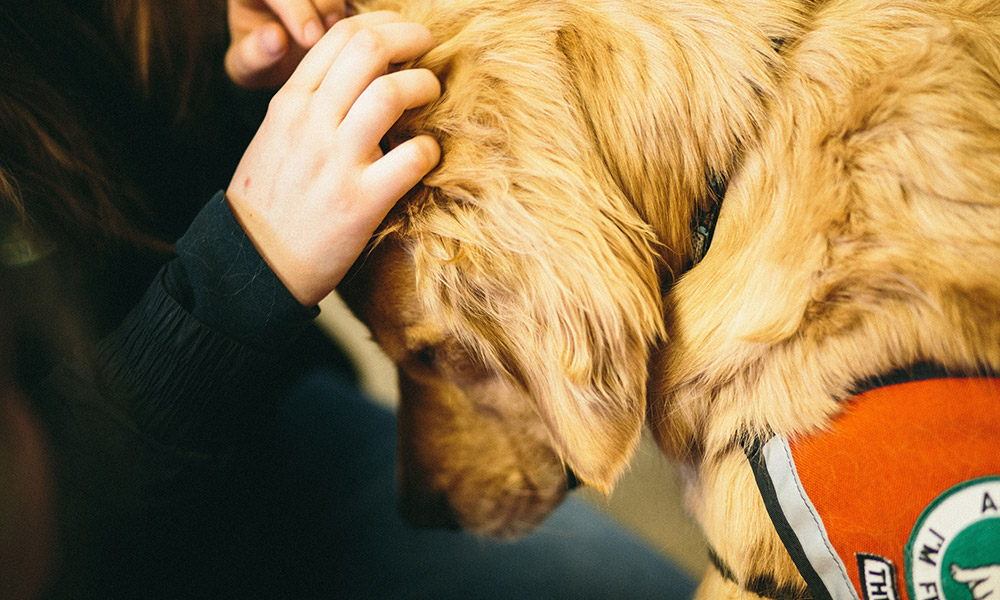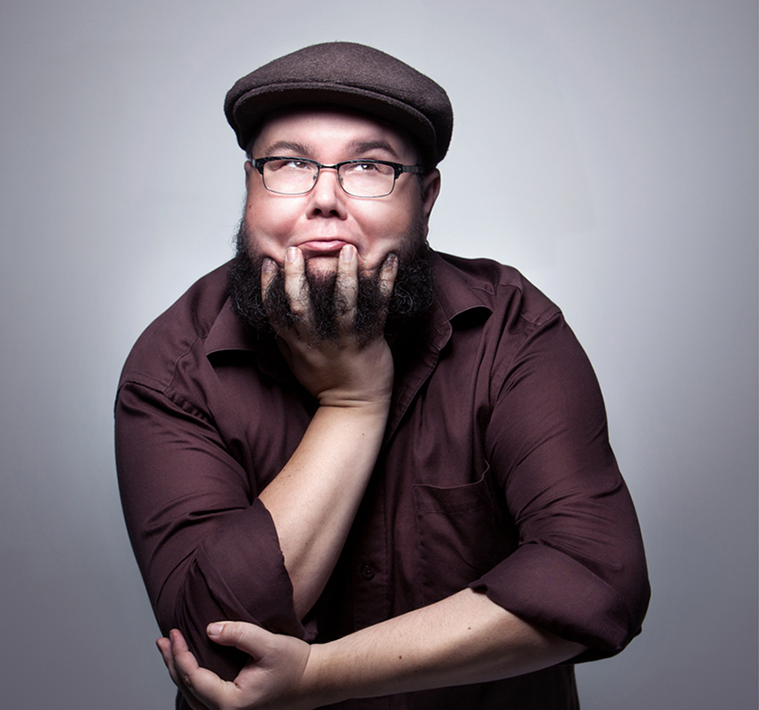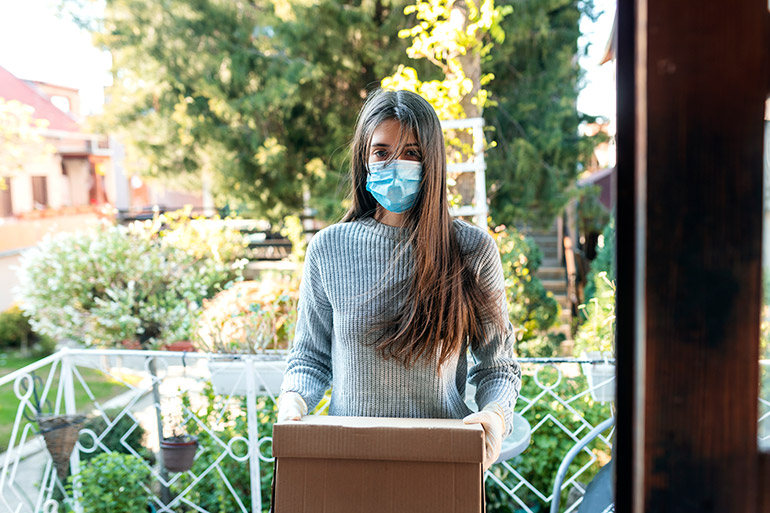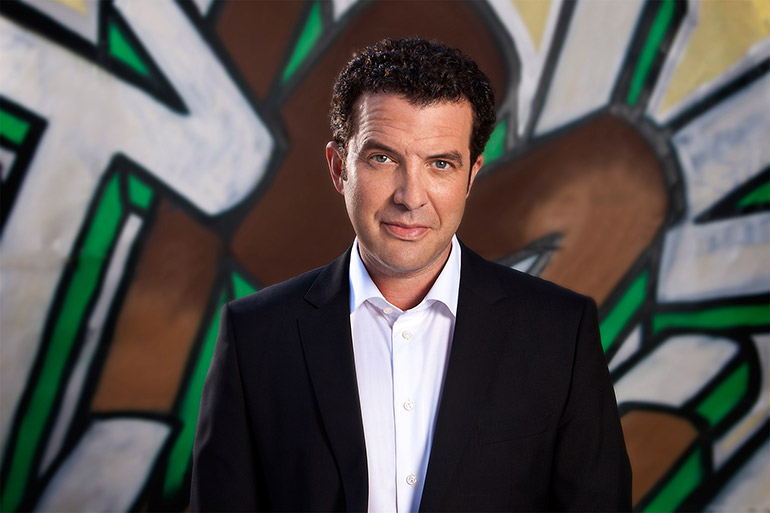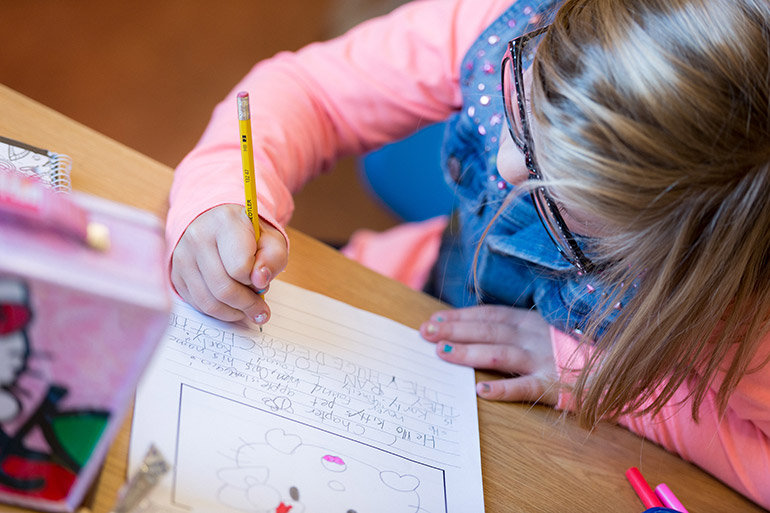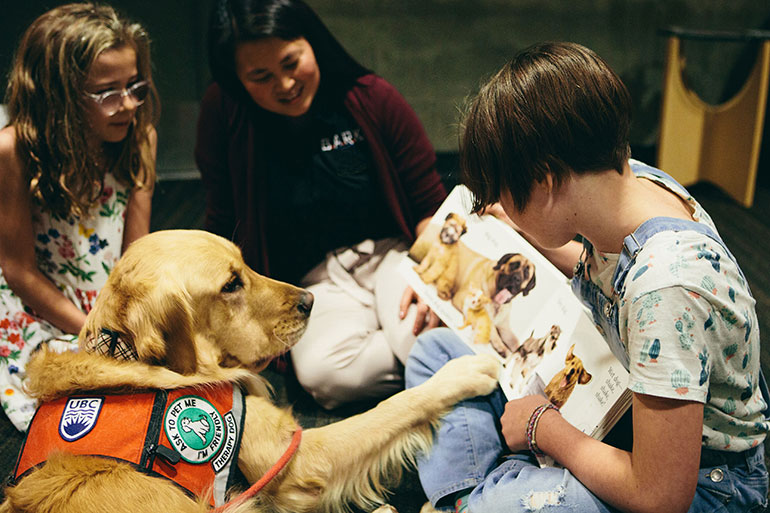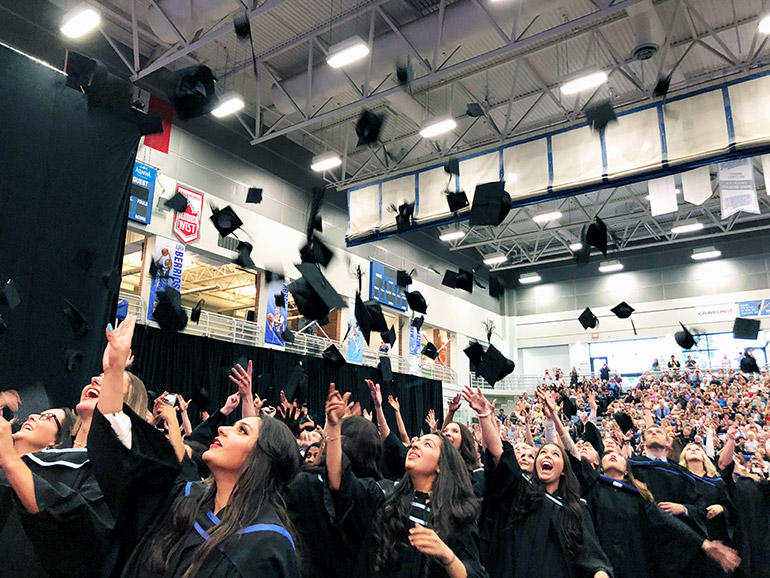
Many people are having to re-think their Christmas plans, or make new traditions this holiday season.
2020 will go down as one holiday season that’s hard to forget
While it’s true that Christmas 2020 will be unusual for most, a team of UBC Okanagan experts suggest it doesn’t have to be a holiday season to regret. The experts’ advice includes everything from online shopping tips and getting some exercise to curling up with a good book.
Careful while shopping online, suggests Faculty of Management researcher Ying Zhu.
“Particularly during the COVID-19 pandemic, people should be more mindful of their shopping budget. It’s easy to lose ourselves in the world of online shopping. Balance joyful feelings with a budget.”
Ying Zhu suggests putting down the tablet or smartphone when holiday shopping online, especially when you plan to buy indulgent products in an effort to stem pandemic stress. Her research has shown that study participants were more likely to indulge in guilty pleasures when shopping online with a touchscreen device (i.e., a smartphone) versus a desktop computer. The reason is that using a touchscreen evokes consumers’ experiential thinking, which resonates with the playful nature of hedonic products.
Find creative ways to get some exercise, says School of Health and Exercise Sciences’ Matthew Stork.
“Due to the winter weather and current COVID-19 restrictions, finding ways to stay physically active is more challenging than ever. Try new outdoor activities like skiing or snowshoeing, go for socially distant walks or find creative ways to be active at home.”
If you’re busy, or overwhelmed this holiday season, add some “exercise snacks” into your day. Go up and down the stairs three times in a row, or take a five-minute walk to the end of the street and back. Even short bouts of exercise can add up and can help keep you fit at home.
And if you want to get a bit more out of your workouts—add tunes.
“Music is a simple, yet powerful strategy that can enhance your exercise and make it more enjoyable.”
Okanagan School of Education Associate Professor Stephen Berg focuses on active, healthy children and youth.
Berg has several suggestions for making sure children, and the entire family, have a good holiday season. The idea is to stay active.
“It may seem simple, but getting outside and going for a walk is beneficial. With limited daylight hours, getting outside, even if it is for a short time, will help boost the immune system and provide some much-needed energy.”
Other tips include limiting the treats, trying something new—like a YouTube workout the family can do together, volunteering, and setting basic and small goals, like getting outside for 30 minutes a day.
“My final tip would be to do your best to stay balanced,” he adds. “Quite simply, this has been a unique year. Let children have some fun, relax and breathe. Connect with them. Play board games, find out what they are doing online.”
Alex Hill, who teaches astrophysics at UBCO, suggests people look to the stars as a new activity this holiday season.
When there are clear skies during the holidays, grab a pair of binoculars and get outside after dark, says Hill. The next few days will be spectacular because Jupiter and Saturn will pass quite close to each other—a 400-year benchmark.
“To find them, look southwest as it gets dark, which is nice and early this time of year, about 45 minutes after sunset. If you hold your fist at arm’s length, they’ll be a bit more than two fist lengths above the horizon. They’ll be the brightest ‘stars’ by far and easy to see.”
With binoculars, you should also be able to see the rings of Saturn and the four largest moons of Jupiter. While Jupiter and Saturn are both spectacular with binoculars, they are visible without.
“They won’t look quite like they do in Hubble Space Telescope images you might see in books, but it’s still amazing to be able to see the rings and the moons with your own eyes.”
Fall in love with reading all over again suggests Marie Loughlin, who teaches in UBCO’s English program.
Her advice to anyone is to get settled comfortably with a good story. Loughlin and colleagues suggest books to help relieve stress, help with loneliness or fill in time spent alone.
George Grinnell suggested Colson Whitehead’s The Nickel Boys (Penguin/Random House 2020). “This is easily one of the most compelling and artistically complete novels I have read in a long time.”
Margaret Reeves suggests Thomas King’s newest novel Indians on Vacation (HarperCollins, 2020), saying it is well worth reading for its wry sense of humour.
Joanna Cockerline recommends Idaho (Chatto & Windus, 2017) by Emily Ruskovich; it is set in the rugged mountains of Idaho and is tied around a devastating secret that impacts the life of a man facing early dementia.
Sean Lawrence suggests Andrew Kaufman’s All My Friends Are Superheroes (Coach House, 2003); the ordinary guy Tom has a close group of friends and a wife, all of whom are actually superheroes.
Finally, suggests Loughlin, Dylan Thomas’ A Child’s Christmas in Wales, of which the author’s iconic reading will be featured on CBC over the holidays.
Try something completely new or outside your comfort zone, suggests psychology Professor Lesley Lutes.
“My students suggested we do an online cooking class together,” says Lutes. “I must admit, my first thought was ‘oh lord, this is going to be a disaster.’ But I said yes because they suggested it and I could see they that they needed it. I had never done anything like this before and had no idea how it would go.”
Lutes picked a favourite recipe and purchased all the ingredients, including a candy cane and gluten free dessert. It was a great success and she would do it again in a heartbeat.
Lutes shares other suggestions on how to make the most of this atypical Christmas:
- Try and accept this holiday season for what it is, instead of what it should have/could have been.
- If you can connect virtually with friends—do it!
- Deliver, either virtually or to front doors of your friends and loved ones, gestures of your love/affection/appreciation.
- Try and find humour and levity in the moment—and put it to good use.
“This was truly one of the most challenging years in modern history,” Lutes adds. “I hope everyone can take some time to slow down, reflect and find safety, love, and feelings of hope during these final days of the year. May 2021 bring us all some much-needed relief but also the resolve to make everything that happened this year matter.”
